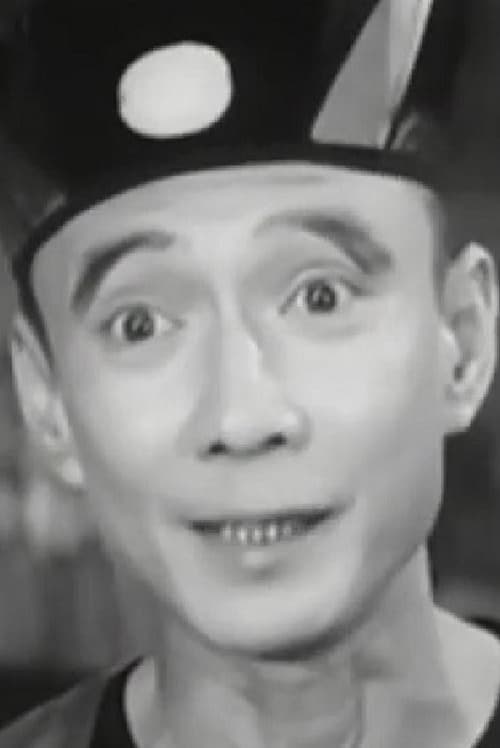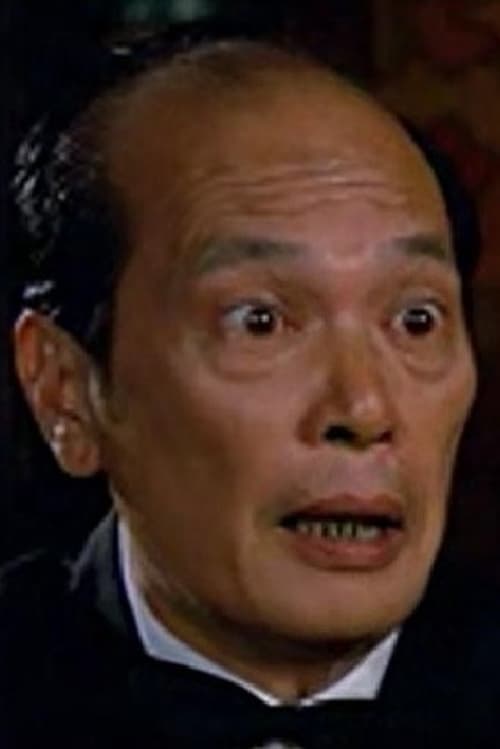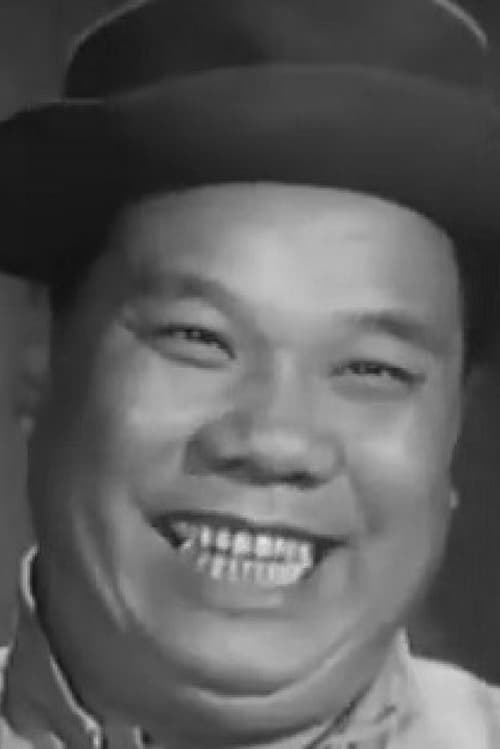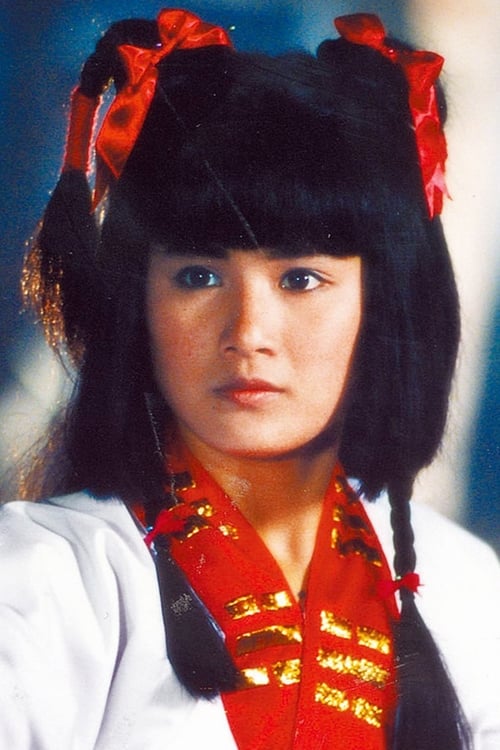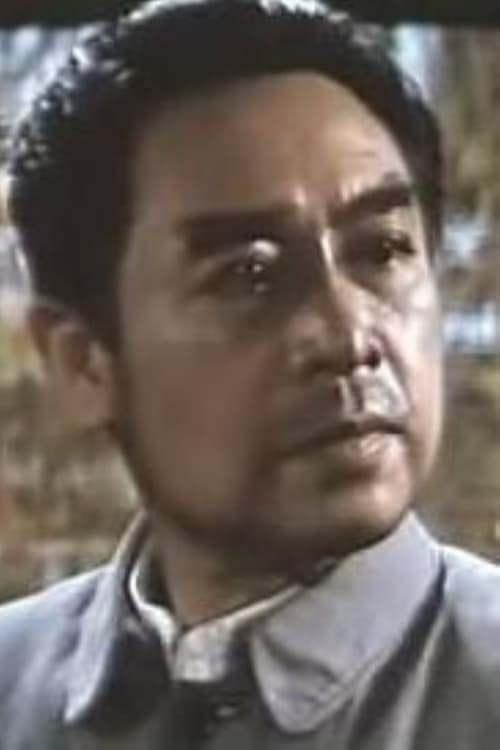The Legend of Purple Hairpin (1959)
Genre : Music, Drama
Runtime : 2H 15M
Director : Lee Tit
Synopsis
An adaptation of Tong Tik-sang's now-legendary Cantonese Opera piece, the film features divas Yam Kim-fai and Pak Suet-sin (left with Yam), who play the story's lead lovers, and Lan Chi Pak, the sinister official who tries to break up the relationship. Leung Sing-po plays the pair's friend as well as the mysterious 'man in yellow' who exposes plans to separate the couple.
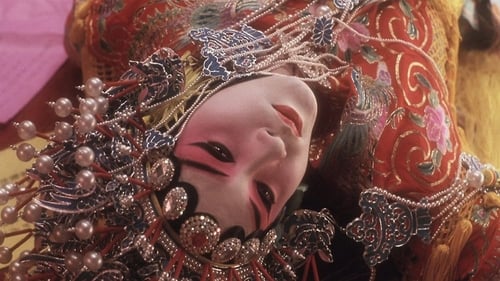
Abandoned by his prostitute mother in 1920, Douzi was raised by a theater troupe. There he meets Shitou and over the following years the two develop an act entitled "Farewell My Concubine" that brings them fame and fortune. When Shitou marries Juxian, Douzi becomes jealous, the beginnings of the acting duo's explosive breakup and tragic fall take root.

A child learns martial arts in order to become a Kung Fu warrior. Features the Seven Little Fortunes, and is the debut film of Jackie Chan.

The Eighteen Darts (Part 2) is a Chinese Opera Musical starring Jackie Chan, Sammo Hung and Yuen Biao in child roles.

Shaw production

The Story of Qin Xiang-Lian is a Hong Kong Chinese Opera musical starring Jackie Chan in a child role.

The Eighteen Darts (Part 1) is a Chinese Opera Musical starring Jackie Chan, Sammo Hung and Yuen Biao in child roles.

River Of Fury presents the self-discovery and awakening of a young man (Danny Lee), who has been exposed and fallen for the lucrative powers of wealth. Lily Ho played a role in sharp contrast with Lee, which has helplessly fallen prey to the irresistible temptations of wealth under the influence of her mother. Once again, Ho demonstrates her remarkable talent in Chinese opera following her Beijing-opera showcase in The Warlord (co-starring Michael Hui Kwun-man).

This film is a portrait of unique cultural space for Spirits, Gods and People. While permanent theatres are commonly built in most cosmopolitan modern cities, Hong Kong preserves a unique theatrical architecture, a Chinese tradition that has lasted more than a century - Bamboo Theatre.

With China under control of a weak Emperor, two officials compete to steer the future destiny of the land. Chiu believes the people are the future of China, while the diabolical Tu wishes to grind the people beneath an iron heel. Tu decides to take out Chiu's family, but one lone infant escapes.

Qing (i.e. Qin) Xianglian was the wife of a man named Chen Shimei, who won the first title of national examination and awarded as husband of the emperor's daughter. Then Qing (i.e. Qin) sues Chen as a murderer who plans to kill his wife and son. In spite of the royal power, gownsman Bao Zhen settles the lawsuit and sentences Chen to serve his head.

A live recording of the premier of Korean composer Unsuk Chin's Alice in Wonderland opera at National Theater Munich in June 2007. It is a modern opera based on Lewis Carroll's fantasy novel of the same name. The amazing characters Alice meets are portrayed with a colorful combination of puppets and singer-actors.

Adapted from one of China's most well-known fairy tales, the Goddess of Mount Hua falls in love with a young mortal scholar Liu Yanchang and gives birth to a baby son, Chenxiang. When Chenxiang grows up, he seeks to unravel the mystery surrounding his mother whom he has never met.
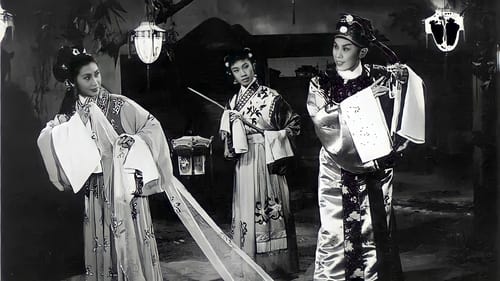
An adaptation of Tong Tik-sang's now-legendary Cantonese Opera piece, the film features divas Yam Kim-fai and Pak Suet-sin (left with Yam), who play the story's lead lovers, and Lan Chi Pak, the sinister official who tries to break up the relationship. Leung Sing-po plays the pair's friend as well as the mysterious 'man in yellow' who exposes plans to separate the couple.

When facing a path with no future or precedent success, will we ever choose to stay? Cheuk Cheung’s My Way explores the Cantonese Opera tradition of male Dan performers, men who play female roles, against the backdrop of a Hong Kong society increasingly putting less value on art. Although female performers have long been part of the mainstream of Cantonese Opera, the film follows the stories of two young men who are still fascinated by the art of the male Dan, striving to find their own way to carry on the practice. A moving and searching look at the struggle for identity, My Way is a colourful, musical and moving film which offers a unique and highly personal look at perseverance in the face of a changing society.
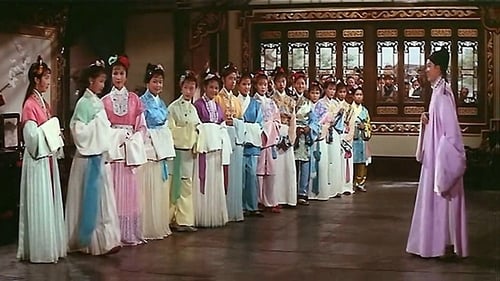
Tang Bohu is smitten by the stunning beauty of Qiuxiang, the maid of Grand Tutor Hua, during his visit to a monastery in Suzhou. Stalking the maid, Tang's affections are finally reciprocated with three charming smiles. To approach the fair maid, Tang seeks work in the Grand Tutor residence as a study companion, and his talents win Hua's attention. As a frustrated suitor, he turns to his resourceful friend Zhu Zhishan for help.

The story focus on Caridad and Georgina, who had learned the art of Cantonese Opera in Havana as a young age and performed as divas for over a decade before their lives were changed by Fidel Castro's revolution.

Part one of a two part feature serial following the folk hero Fong Sai-yuk. Both parts are now considered lost films.

The Rainbow Pass is a Chinese Opera starring Sammo Hung in a child role

The film opens with a travelogue, showcasing West Lake and the real Mainland Chinese locations used by the film to which only the Left Wing of Hong Kong Cinema had access to at the time. The title character is a young woman raised by her courtesan aunt in the West Lake scenic resort area in Hangzhou. Siu Siu is perused by a local Official, but falls in love with the son of the Prime Minister. They marry, but are separated by the Prime Minister who arranges another marriage for the son. Siu Siu remains at West Lake, where she regretfully uses the desire of the earlier Official to help another of the girls find happiness.

The main characters are two youngsters of China's Mongolian nationality, Temur and his younger sister Schin, whose fine revolutionary qualities - courage, tenacity and wholehearted devotion to the public interests - are highlighted in the dance-drama.




